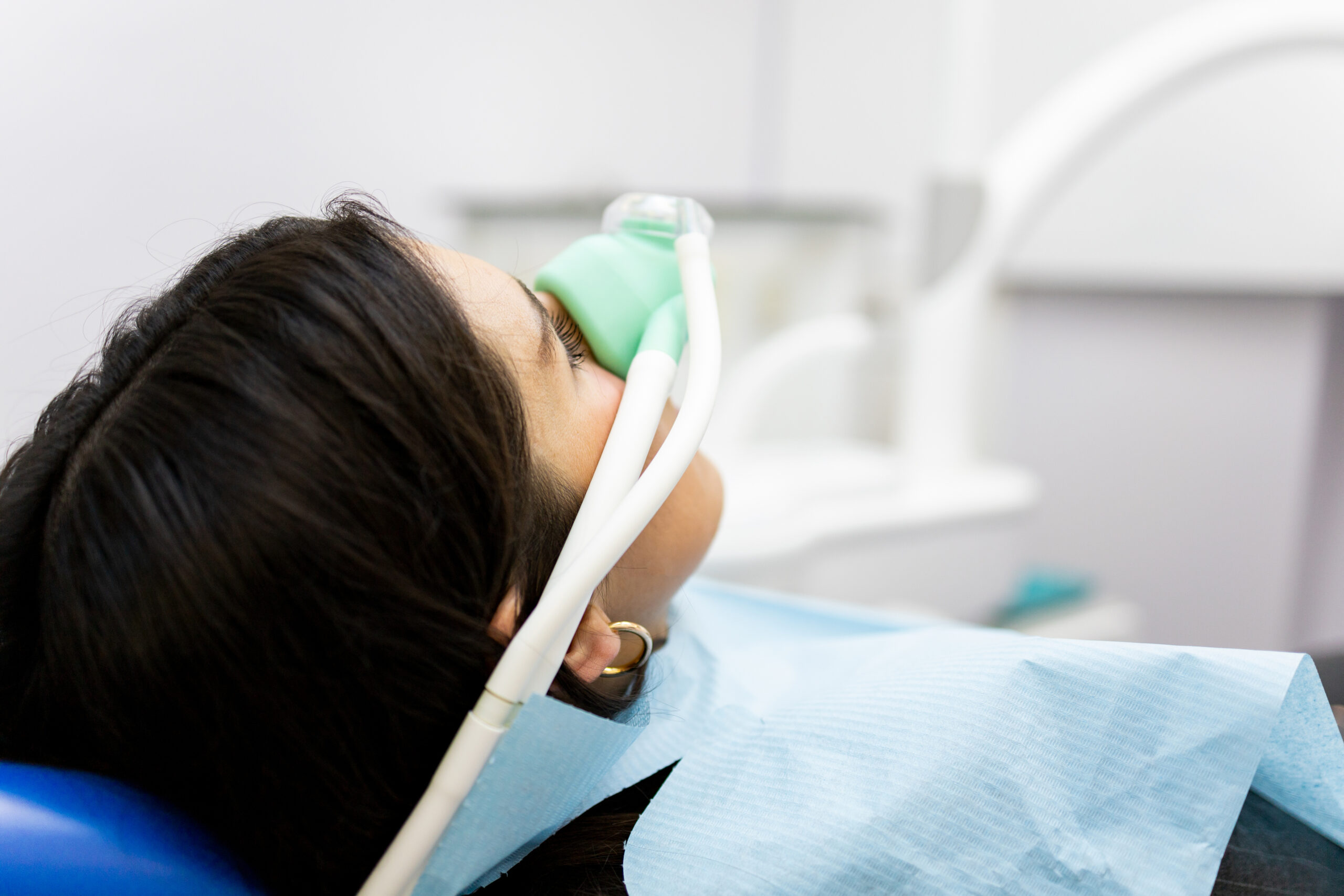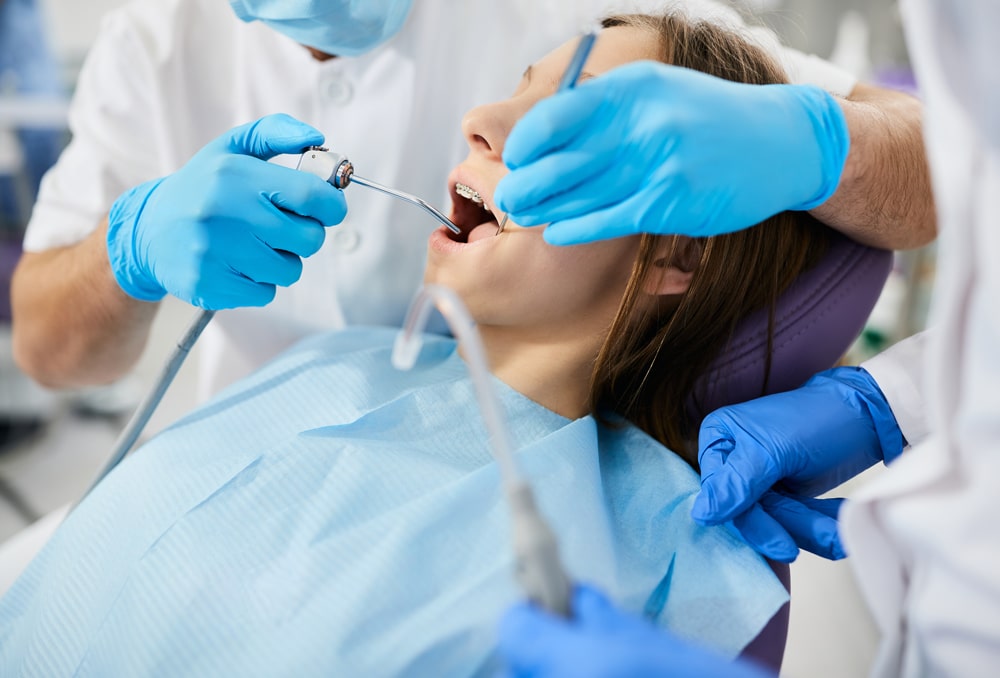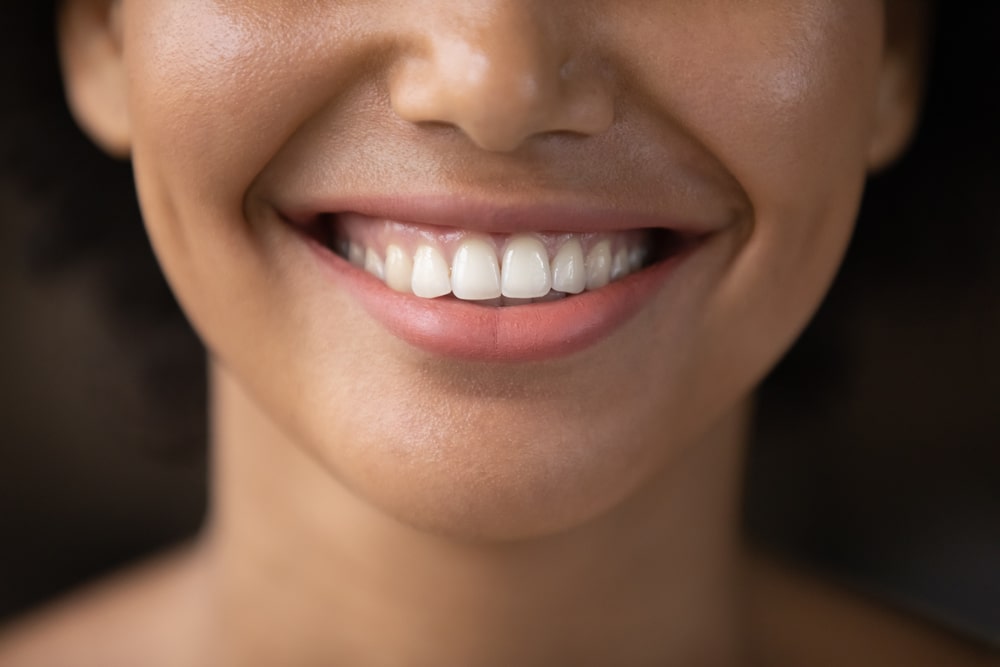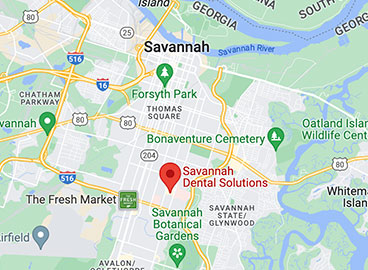Dental Blog
Pediatric dentistry plays a crucial role in ensuring your child’s oral health starts off on the right foot. But it’s more than just regular checkups;
When it comes to addressing complex dental needs, many people feel an understandable sense of apprehension. Whether it’s a lengthy procedure or the fear of
Dental implants are often considered one of the best solutions for replacing missing teeth. But for many, the question of cost becomes a barrier. Are
An emergency dentistry visit involves scheduling an immediate dental appointment to address pressing dental problems. These problems might encompass a toothache, a fractured or cracked
A common misconception is that children must visit the dentist less often than adults because "adult teeth are more important and we will have them
While brushing your teeth, flossing, and using mouthwash daily help to keep your teeth healthy, that is not enough. Getting regular dental cleanings helps keep
Over time, teeth can become stained and discolored, which, while not dangerous to your oral health, can negatively affect your self-esteem. While you may think
On both sides of your jaw are two joints known as temporomandibular joints, which for various reasons, can become injured, causing pain and discomfort. While
While it may not seem important to take your young child to the dentist, it is recommended that you begin taking them by six months











